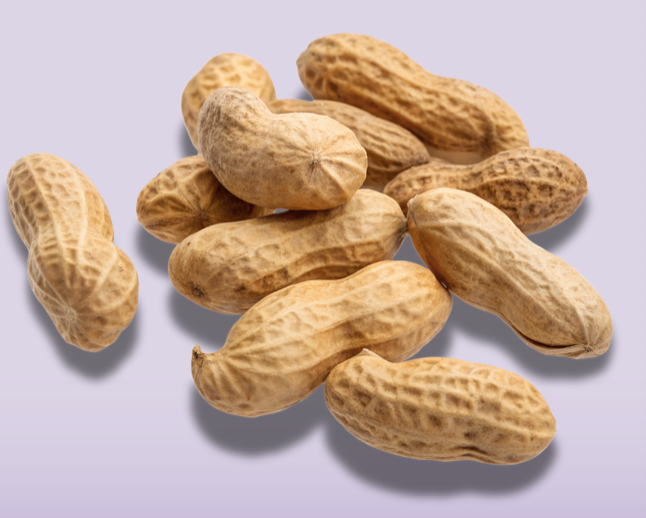Introducing Peanuts Earlier Reduces Risks
Science and modern research may be changing how people parent when it comes to peanuts. For years, parents of food allergy kiddos were on high-alert with subsequent children. Siblings were thought to also have a high-risk for food allergies, with many doctors following guidelines which recommended delaying exposure until the at-risk child was three years old.
Recently the National Institute of Allergy and Infectious Diseases released Food Allergy Research & Education (FARE) guidelines that completely flipped previous recommendations. Currently, infants, including those previously determined to be at risk of allergies, are recommended to have early exposure to peanut foods. Research has found that introducing peanut-containing foods and including them as a regular part of the babies diet can greatly reduce the chance of baby developing a peanut allergy.
So, how early is early exposure, you may be wondering. The magic age recommendation for early exposure to peanut foods is now four to six months old. Parents can make a thinned creamy peanut butter at home using 2 tsp. of creamy peanut butter and 2 tsp. of warm water, breast milk or formula. Then let the mixture cool before feeding. Peanut butter or peanut flour can also be added to fruit and vegetable purees and infant cereals! Foods are still recommended to be tried one at a time to watch for reaction. So only add peanut butter/flour to current safe foods.
Megan O. Lewis, MSN, RN, CPNP-PC, Program Manager of the Food Allergy Center Children’s Hospital of Philadelphia notes “Giving your baby peanut containing foods can feel scary—but research shows it is safe and easy to do it at home”.
Read up on the new guidelines for early food allergen introduction at the resources, below:





